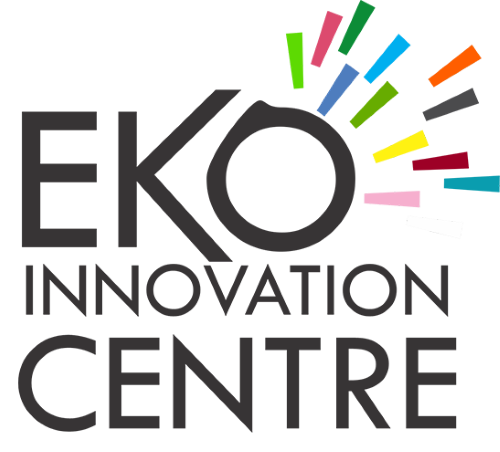The startup landscape is evolving at an unprecedented pace, shaped by technological breakthroughs, shifting consumer behaviors, and global economic changes. For startups, the ability to adapt quickly and scale efficiently is paramount. One of the most significant opportunities for growth lies in global expansion. However, entering international markets comes with its own set of challenges and complexities. Understanding the emerging trends, navigating the challenges, and seizing new opportunities are essential for startups looking to build sustainable and scalable ventures on a global scale.
Emerging Trends for Global Expansion
- Bigger Markets, Richer Prospects
The world offers more opportunities and needs to be met. Global markets often have higher purchasing power, and different markets present more problems to solve. For startups, this means access to a larger customer base and the potential for increased revenue streams.
2. AI-Powered SaaS Solutions
AI-powered SaaS (Software as a Service) presents a new opportunity to build for the world with minimal venture capital. Startups leveraging AI can automate tasks, enhance customer engagement, and drive innovation, giving them a competitive edge in global markets.
3. Remote Work and Global Collaboration
The shift to remote work has transformed how startups operate. With collaboration tools like Slack, Zoom, and Notion, startups can build highly effective, distributed teams. This flexibility allows startups to access global talent pools, reduce operational costs, and increase productivity, enabling them to scale faster and more efficiently.
4. Sustainability and Social Impact
Today’s consumers expect more than just great products—they demand responsible business practices. Startups that embed sustainability and social impact into their core strategy are not only making a positive difference but also attracting a loyal customer base globally.
Challenges in Global Expansion
- Knowledge Barriers
Historically, it has been difficult to build for unfamiliar markets. Startups must invest time and resources in understanding the cultural, administrative, geographic, and economic differences of new markets. - Cultural Differences
Understanding and adapting to diverse cultural norms is crucial. Missteps in cultural sensitivity can lead to failed market entry. Startups must conduct thorough research and possibly partner with local experts to navigate these differences. - Skillset Gaps
Developing the necessary skills for global operations remains challenging. Startups need to build teams with international experience or invest in training to bridge these gaps. - Payment Solutions
While largely solved, payment solutions can still pose challenges in certain markets. Startups must ensure they have the right infrastructure to handle cross-border transactions seamlessly.
Opportunities for Global Expansion
- Adding Volume and Normalizing Risk
Expanding internationally allows startups to increase growth and market share while optimizing and diversifying risk across markets. This approach helps in balancing out market-specific downturns. - Leveraging Economies of Scale
By entering new markets, startups can decrease costs through economies of scale. This is particularly beneficial for SaaS and tech startups that can scale their products with minimal additional costs. - Differentiating and Improving Industry Position
Entering new markets can increase a startup’s willingness-to-pay and enhance its bargaining power. It also positions the startup as a global player, attracting more investors and partners. - Strategic Market Choices
Using frameworks like the CAGE Framework (Cultural, Administrative, Geographic, and Economic distances), startups can identify the best markets for expansion. For example:
• Kenya: Gateway to East Africa, better ports, and a strong manufacturing ethic.
• Dubai: Cosmopolitan, gateway to Asia, tax benefits, and a great HQ location.
• USA (Delaware): Largest market, global access, and a proven ecosystem for startups.
Do’s and Don’ts of International Expansion
Don’ts
- Raise funds for unfamiliar markets without proper research.
• Overspend in new markets without testing the waters.
• Ignore your data and market feedback.
• Lose focus on your existing market while expanding.
Do’s
• Attend industry events to network and learn.
• Use advisors to fast-track your learning curve.
• Test new markets with channel partners before full-scale entry.
• Leverage local expertise to navigate cultural and administrative barriers.
Conclusion
The future of startups will be defined by those who can adapt to change, harness emerging technologies, and build resilient business models. Global expansion offers immense opportunities for startups to scale, diversify, and increase their market share. However, it also comes with challenges that require careful planning, strategic partnerships, and a deep understanding of new markets.
At Eko Innovation Centre, we empower startups to thrive amid uncertainty. Our comprehensive programs provide access to strategic mentorship, funding opportunities, and cutting-edge innovation labs designed to support sustainable business growth. If you’re looking to build a scalable, future-proof startup with a global presence, join our community of forward-thinking founders and industry leaders.
Together, we can turn challenges into opportunities and drive impactful growth in the evolving world of startups.
